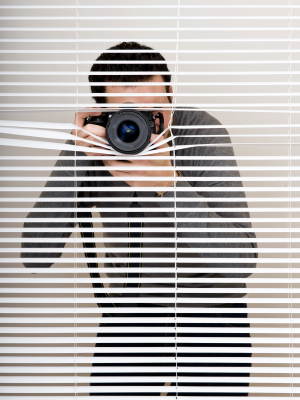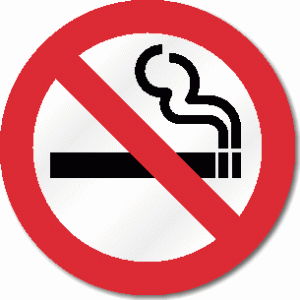
Alert for Reality TV producers. Filming or photographing celebrities’ kids will soon be a crime.
Should celebrities' kids be off-limits for photographers and video crews?
California's new law.
A California law set to go into effect next January makes it a criminal offense to take photographs or videographic images of a star's child under some circumstances. The new law is codified at Section 11414 of California's Penal Code, and imposes fines and even imprisonment as penalties.
Jail Time?!
First offenders face a maximum $10,000 fine, plus jail time. A second violation carries a five-day jail sentence and a maximum $20,000 fine. A third offense? 30-days in the clink, and $30,000 fine. And, the law creates civil liability, too. A lawsuit by the parent or guardian could include punitive damages.
State Sen. Kevin de Leon introduced the bill, which provides strong protection for minors under age 16 who are children of celebrities are protected against individuals who intentionally harass a person's child “because of that person's employment.” The law defines harassment as intentional conduct that “seriously alarms, annoys, torments or terrorizes” the minor and “serves no legitimate purpose.” Encompassed within the definition is “conduct occurring during the course of any actual or attempted recording” of the child's image or voice by following the youth without parental permission.
But is it constitutional?
Media and Free Speech advocates have raised concerns that the new law is unconstitutionally vague and overbroad, and is likely to catch too many people engaged in protected newsgathering activities in its net. The law, apparently, even applies to shooting in public places, where neither celebrities nor their kids have historically been entitled to a ‘reasonable expectation of privacy'. Finally, we should note that the law does NOT apply to photographers who harass, alarm, annoy, etc., kids whose parents aren't famous. Did California lawmakers really just legally define celebrity kids as a different class of citizens with broader rights than the rest?
Guidelines for reality tv and newsgathering folks. (and average citizens with camera phones, for that matter)
Bottom line: If you're in the Reality TV productoin biz, and a celebrity with kids arrives in your shot, you'd have to stop shooting, or risk being charged with violating the statute. And, are you just supposed to know that that kid walking down the street happens to be the son or daughter of someone famous? Better give your camera crews some clear guidelines, and the phone number of a criminal defense attorney who's ready to fight on this issue. (if you need one, contact me for a referral)
Obviously, the law was created to address a problem. Celebrities' kids are being deprived of the opportunities other kids have to just be kids. But this law strikes me as being a bad one. Freedom of the press is among our most important rights. Attempts to curb press and media activities should always be suspect.
I'd be surprised if the media rights organizations don't jump on this one quickly, the first time the law is enforced. Until then… we'll watch and see.
What do you think about all this? Leave a comment below!


 The Colorado Supreme Court has dealt another blow to the First Amendment, holding that public health concerns trump the First Amendment in cases involving bans on smoking.
The Colorado Supreme Court has dealt another blow to the First Amendment, holding that public health concerns trump the First Amendment in cases involving bans on smoking.